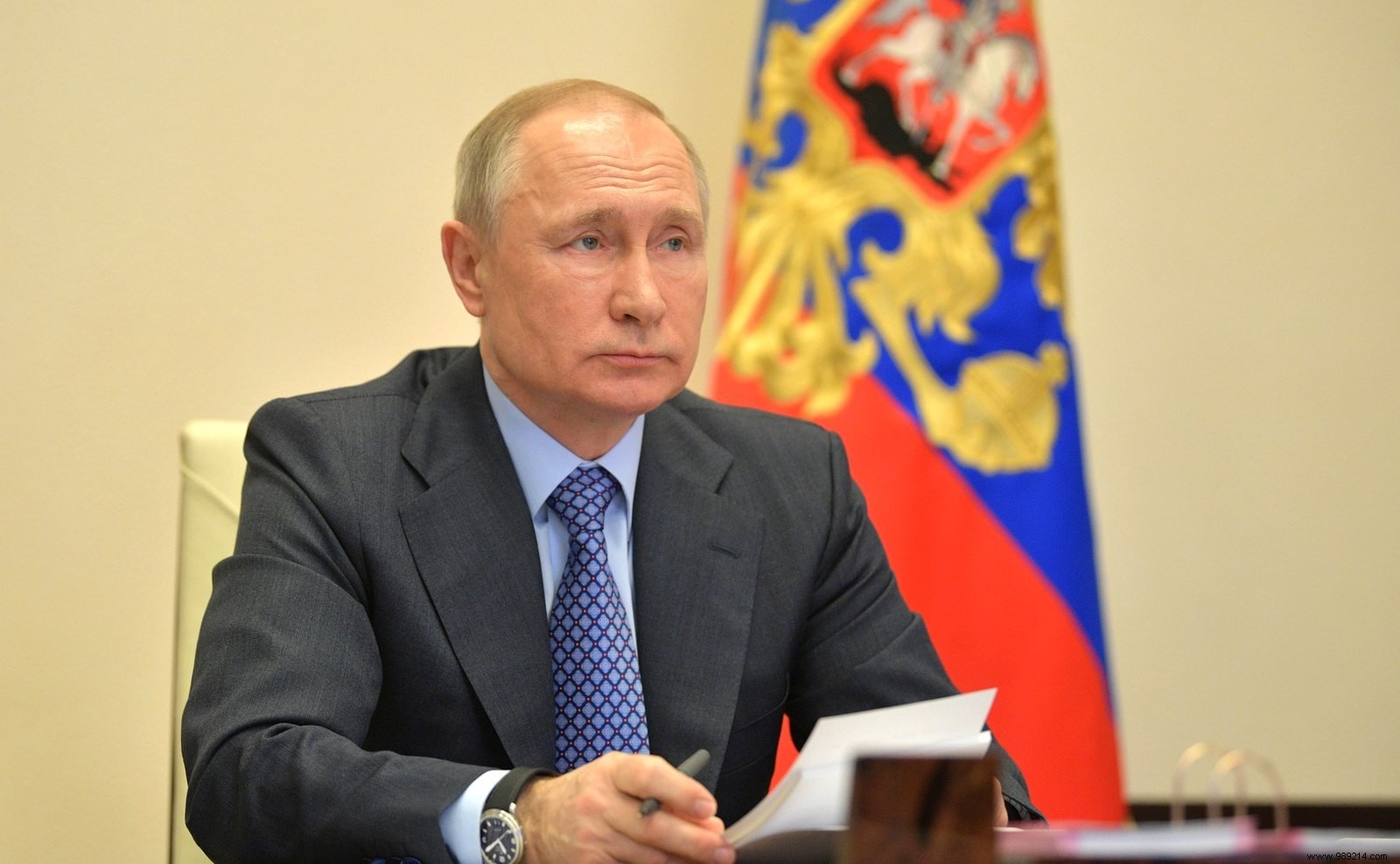A few weeks ago, Russia announced the finalization of a vaccine against the SARS-CoV-2 coronavirus. A preliminary study has just published encouraging results. According to this study, the vaccine does indeed trigger an immune response and did not cause serious adverse effects.
On August 11, 2020, Vladimir Putin announced the registration of a first official vaccine to fight the Covid-19 pandemic. Scheduled for release on January 1, 2020, this vaccine called Sputnik V had however aroused the mistrust of many countries and health authorities. The same day, the WHO had called for the greatest caution, declaring that it was in discussion with the Russian authorities. However, several countries had already placed an order , countries in Latin America, the Middle East and Asia.
While fears remained high, a study published in the journal The Lancet September 4, 2020 evokes encouraging preliminary results . This research carried out by a group of Russian researchers confirms what the government of the country said a month ago without however shedding light on its data.

According to the study, the Sputnik V vaccine integrates two different compounds, subject to two successive injections. These injections should be given three weeks apart. We are talking here about viral vector vaccines, that is to say using two human adenoviruses as carriers. However, these adenoviruses have been transformed and adapted to combat SARS-CoV-2.
The study reports on two clinical trials for a total of 76 volunteers between June 18 and August 3, 2020. For each trial, officials used a different formulation of the vaccine. According to the findings, each of the two components of the vaccine did not cause serious adverse effects. Above all, the successive administration of the two components leads to the production of antibodies. However, it should be noted that these results do not constitute proof that the vaccine effectively protects against infection with SARS-CoV-2. According to the admission of the researchers themselves, it will be necessary to carry out larger studies in order to provide more certainty.
Today, no less than 176 vaccines against SARS-CoV-2 are under development worldwide. Among these vaccines, 34 have started clinical trials, 8 of which are in the most advanced stage (phase III) preceding the marketing application. This is particularly the case of the vaccine from the company Moderna, which published the results of its phase I at the end of July 2020.